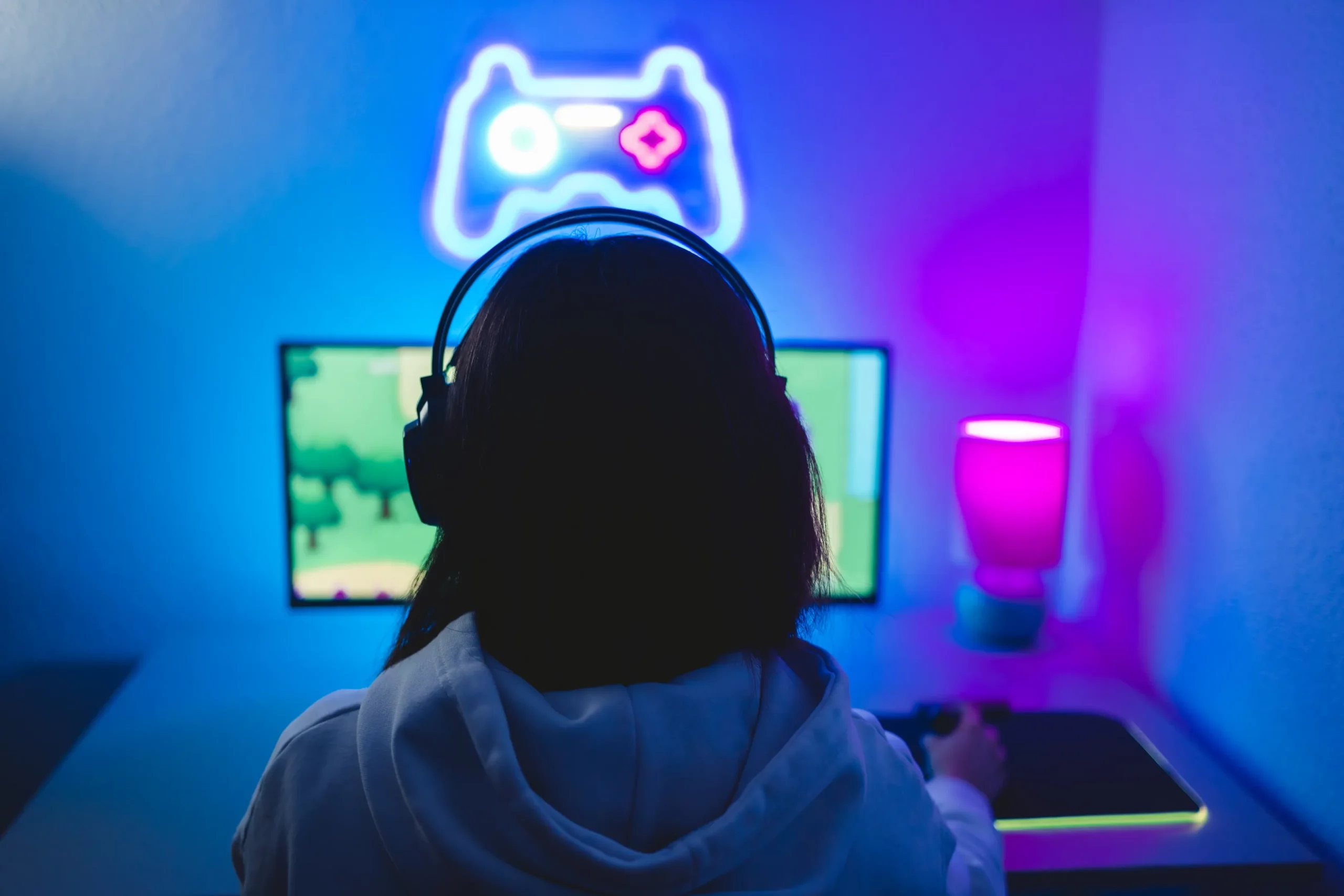
Having spent hundreds of hours watching my older brother play Goldeneye on N64 and Halo 2 on Xbox, it was practically inevitable that I found myself engrossed with Twitch already back in 2017. But I didn’t go to Twitch just to watch people play video games. Well, I technically did.
I went to Twitch to watch specific people play video games. A couple of the YouTubers I’d been watching since 2008 had started streaming. Naturally, I went to check it out. These creators previously established solid communities on YouTube — they were doing the same on Twitch.
Because of that community, it was easy to follow them to a new platform. And because of their dedication to building relationships with their followers, I’m still watching and engaging years later.
Over the last five years of chatting, gaming, and watching a number of streamers majorly grow their communities, a few things stick out when it comes to relationship building.
Be Yourself
Almost weekly, I think of this Arlan Hamilton quote: “Be yourself so the people looking for you can find you.”
When I look at the streamers and creators I follow and respect the most, they all have this in common. They create welcoming environments based around being themselves. To build a genuine relationship, you must be genuine yourself. That’s how you find and attract other people with similar values and principles. That’s how you stay mentally and emotionally fulfilled. That’s how you show others who think or act differently from you that you’re still someone worth knowing.
Sharing authentic parts of you gives other people permission to do the same. Relationships with acquaintances turn into friendships. Relationships with customers or coworkers turn into collaborations. It all builds trust. As difficult as it can be to act and speak authentically, it ultimately rewards you.
Boundaries Lead to Healthy Relationships
Being yourself doesn’t mean sharing everything. Setting boundaries protects you and anyone you interact with. Not everyone should be constantly entitled to your time, energy, and talents.
Twitch creators often set boundaries over when/how they communicate, what the community can talk about in chat, and the types of content they stream. Some of these boundaries get expressed outright and others can be clearly inferred. Not just on Twitch but in life in general, the people with the strongest healthy relationships also seem to have the strongest boundaries.
Clear expectations between people result in greater trust and understanding. Boundaries with friends, family, coworkers, neighbors, etc., allow you to be the best version of yourself.
More Connections ≠ Equal Quality Connections
Despite what high school clique stereotypes might have led you to believe, your friendships aren’t inherently more valuable when you have more of them.
Big communities do have the potential to have a big impact, but that doesn’t make that group inherently more worthwhile or more fun to spend time with. So many amazing fundraising projects get supported on Twitch through Tiltify and other platforms — and plenty of them are put on by “small” streamers.
Beyond monetary, donation-based projects, the impact of a single person on another single person can’t be discounted. Just being a small reason that someone has a better day matters.
Ultimately, a large network means nothing if you don’t use it to help others or connect the people you know with each other. By focusing only on the number of relationships you make, little time is left to sustain those relationships.
Practice Reckless Optimism
Even by observing Twitch communities I’m not an active part of, I’ve seen one thing stand out: Negativity drains you and it drains others. Communities and streamers that thrive and continue to grow fill their streams with optimism.*
Just like unrealistic positivity isn’t sustainable, neither is unrealistic negativity. To practice reckless optimism, you approach all challenges with the best outcomes in mind. You acknowledge the obstacles and deterrents to your success. You know your goals won’t be easily achievable. You know life is hard. You just don’t let those hard things dictate what happens to you. You believe in others. You believe in yourself. You practice reckless optimism.
Plus, it’s legitimately fun to support people doing positive things, whether those are your closest friends, your neighbors, or coworkers.
*Are there communities that thrive on negativity and trolling? Yeah. But those groups weren’t trying to build good relationships in the first place. People within those communities get hurt. They hurt other people. The negativity no longer gets rewarded.
Let’s Be Online Friends
What online communities are you involved in? What sort of positive relationships have you built because of them? These aren’t rhetorical questions. Add me on LinkedIn and let’s talk about it![/vc_column_text][/vc_column][/vc_row]



